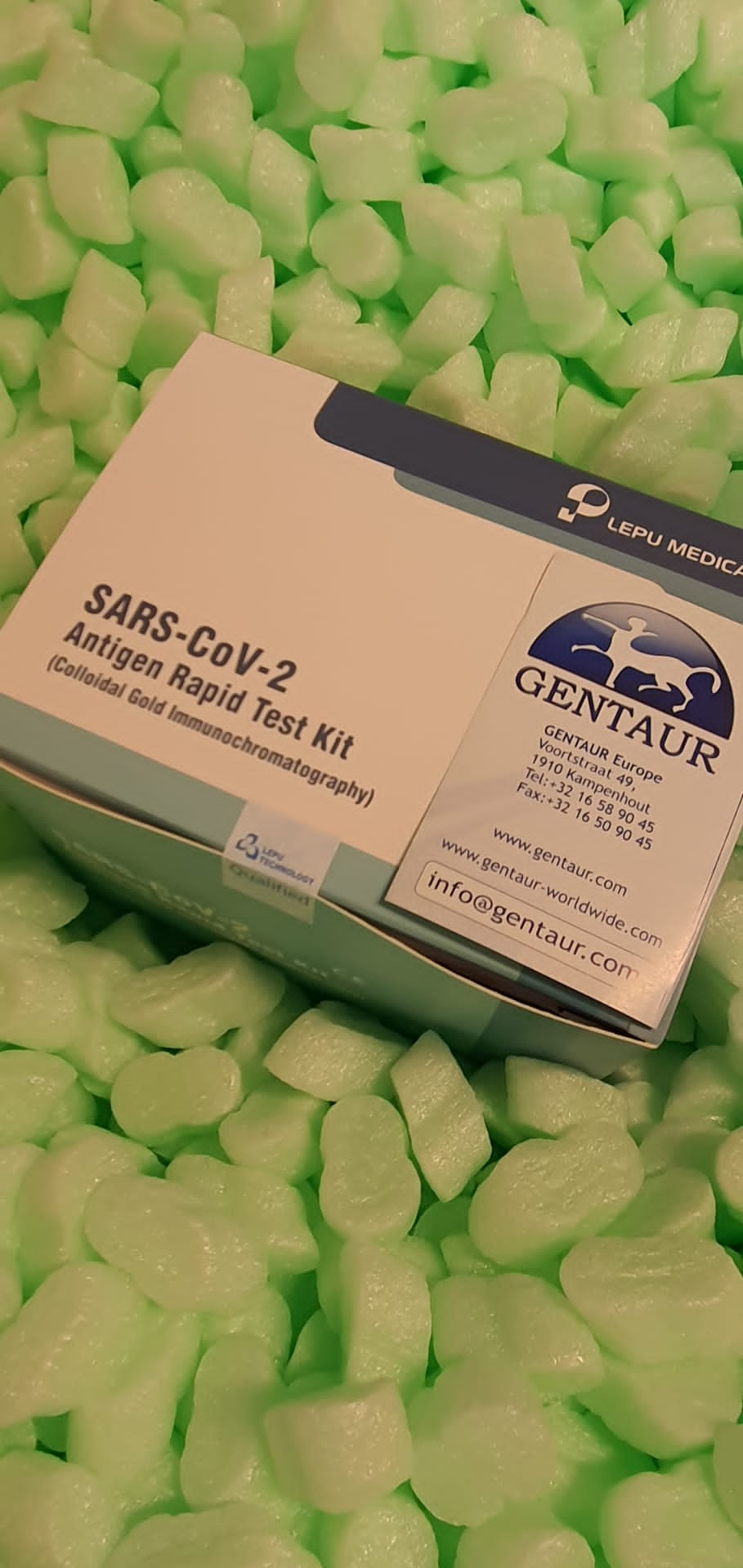Day: January 7, 2021

Establishment of a duplex real-time qPCR method for detection of Salmonella spp. and Serratia fonticola in fishmeal
Salmonella spp. is a high-risk bacterial pathogen that’s monitored in imported animal-derived feedstuffs. Serratia fonticola is the bacterial species most often confused with Salmonella spp. in conventional identification strategies primarily based on biochemical traits, that are time-consuming and labor-intensive, and thus unsuitable for each day inspection and quarantine work. On this examine, we established a…
Read More
DNA aptamers against bacterial cells can be efficiently selected by a SELEX process using state-of-the art qPCR and ultra-deep sequencing
DNA aptamers generated by cell-SELEX towards bacterial cells have gained elevated curiosity as novel and cost-effective affinity reagents for cell labelling, imaging and biosensing. Right here we describe the choice and identification of DNA aptamers for bacterial cells utilizing a mixed method based mostly on cell-SELEX, state-of-the-art functions of quantitative real-time PCR (qPCR), next-generation sequencing…
Read More
Roadblock-qPCR: A simple and inexpensive strategy for targeted measurements of mRNA stability
The steadiness of mRNAs is key to figuring out expression degree and dynamics. Nonetheless, present approaches for measuring transcript half-lives (e.g. transcription shutoff) are usually poisonous or technically advanced. Right here we describe an alternate technique for focused measurements of endogenous mRNA stability that’s easy, cheap, and non-toxic. Cells are first metabolically labelled with the…
Read More
The MRD disk: automated minimal residual disease monitoring by highly sensitive centrifugal microfluidic multiplex qPCR
We current a proof-of-principle research on automated, extremely delicate and multiplexed qPCR quantification by centrifugal microfluidics. The MRD disk can be utilized for standardisation of repetitive, longitudinal assays with excessive necessities on reproducibility and sensitivity, equivalent to most cancers monitoring. In distinction to high-throughput qPCR automation by cumbersome and costly robotic workstations we make use…
Read More
Monitoring and Surveillance of Aerial Mycobiota of Rice Paddy through DNA Metabarcoding and qPCR
The airborne mycobiota has been understudied compared with the mycobiota current in different agricultural environments. Conventional, culture-based strategies enable the research of a small fraction of the organisms current within the ambiance, thus lacking vital data. On this research, the aerial mycobiota in a rice paddy has been examined throughout the cropping season (from June…
Read More
Inclusion of diverse populations in genomic research and health services: Genomix workshop report.
Scientific genetic providers and genomic analysis are quickly growing however, traditionally, these with the best want are the least to learn from these advances. This encompasses low-income communities, together with these from ethnic minority and indigenous backgrounds. The “Genomix” workshop on the European Society of Human Genetics (ESHG) 2016 convention provided the chance to think…
Read More